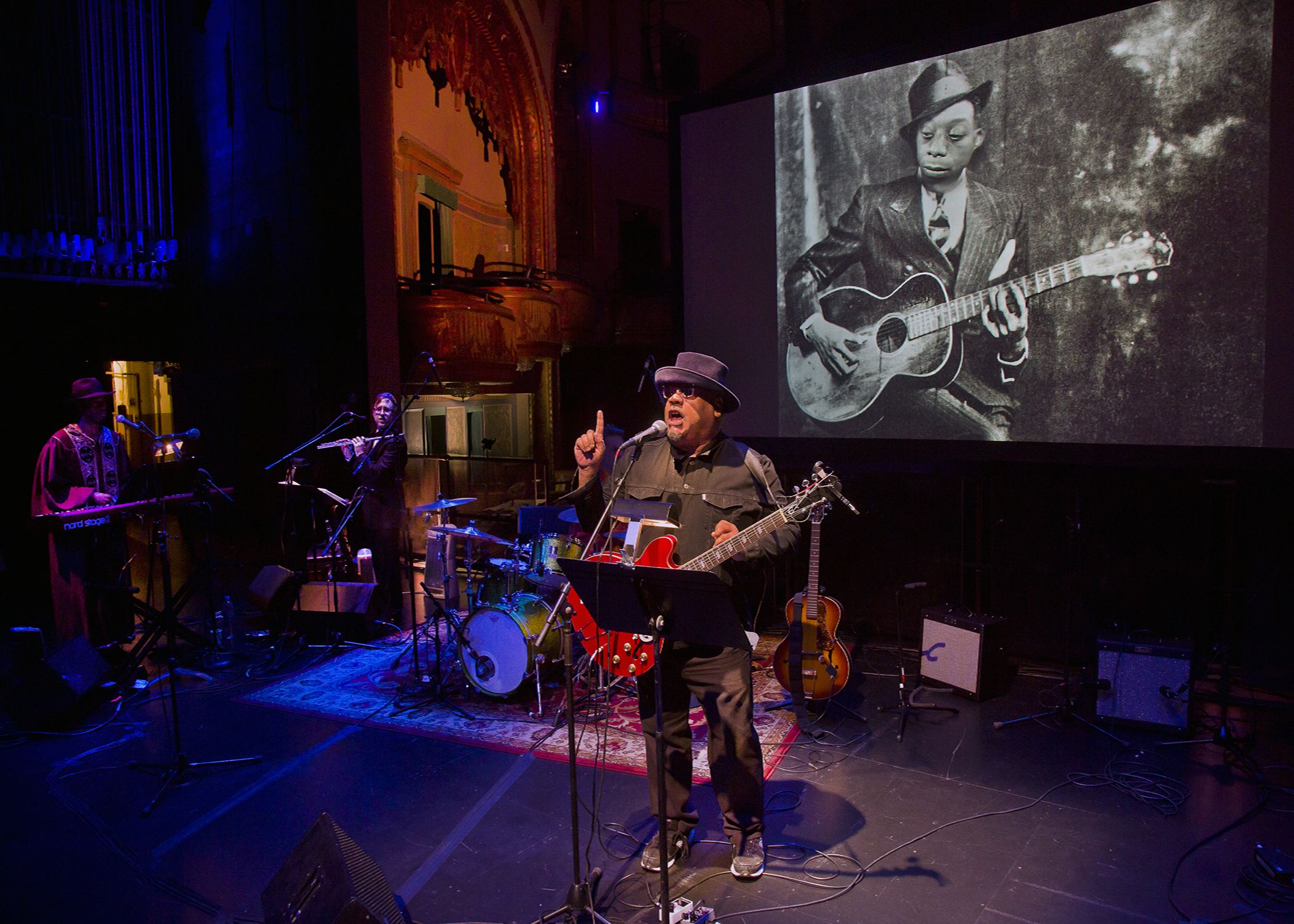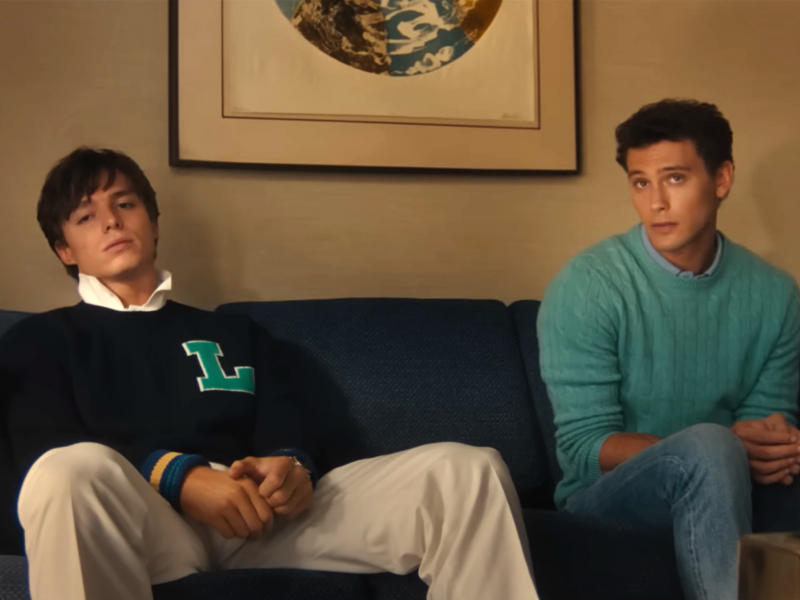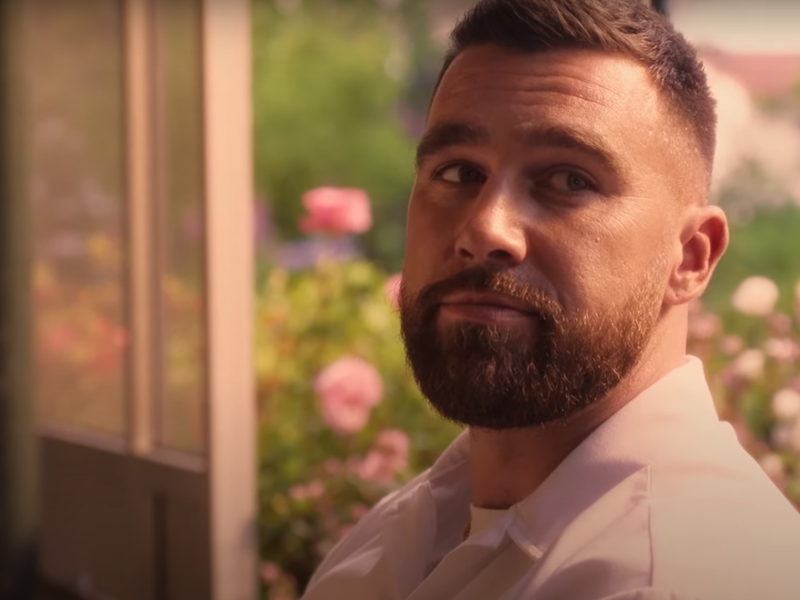Living during a time when it seems no one can agree on just about anything, artists like Stew Stewart look to music and other art forms to mend divides and demand change.
Stew examined political music, its place in society and his creative process during a discussion at MilkBoy Arthouse on Thursday as a part of the University of Maryland’s “Do Good Dialogues.”
He leads his band, “Stew and The Negro Problem,” in expertly creating socially engaged songs. By mixing jazz, rock and blues with his thought-provoking lyrics, Stew creates satisfying yet thought-provoking sound. The comments Stew shared at MilkBoy came from years of experience perfecting his craft.
“We’re gonna talk straight,” said Stew at the beginning of his presentation. He demanded honest participation from each audience member. He encouraged his listeners to speak to new people sitting next to them, or even to join him onstage to share their own experiences with politically charged art.
The casual candidness with which Stew presented his material was just as engaging as his musical performances. His relaxed energy made many audience members who were unfamiliar with his art feel more comfortable, especially those who hadn’t been to a discussion like his before.
“That made it a lot more real for me,” said Selim Boukabara, a freshman chemical engineering major.
Stew set out to have the audience solve what he considered one of the biggest questions surrounding political music in America. After dividing mass-marketed music into three categories (love, gospel and political music), he asked his audience: Why doesn’t political music sell like love and gospel music does?
“I think most socially engaged songs fail for reasons that love and gospel songs succeed,” Stew said.
Love and gospel works sell listeners happy thoughts and big, desirable promises. Meanwhile, it is difficult for political musicians to make promises when their listeners have heard many similar promises from the mouths of failed politicians.
According to Stew, the best thing these songs can do is say that “shit is fucked up.”
Throughout the presentation, Stew offered a few examples of his own work with his fellow band members. Together they performed “Western,” a song Stew wrote about the shooting of Trayvon Martin. They also previewed their performance of “Notes of a Native Song,” which was set for the following day (Friday) at The Clarice Smith Performing Arts Center, with a performance of the song “Jimmy Take Me Higher.” It explored James Baldwin’s problems with homophobia in civil rights movements during the 1960s.
Stew shared that, in his opinion, one of the only truly successful pieces of political music in history is “Imagine” by John Lennon. He described it as a “love song to the future,” as it paints the picture of a beautiful world of peace and happiness. He asked his audience how, or if, it is possible to create another “Imagine.”
Throughout his presentation, Stew demonstrated hints of cynicism. He described himself as a songwriter that actually dislikes writing political songs. While he has built his career on this craft, he views its impact as less than desirable.
“Do you think art can change the world? Prove it,” he challenged the audience.
In Stew’s mind, we have yet to build our world in John Lennon’s image or to address most issues artists comment on in their work. After every political disruption settles, no matter how large, there seems to be nothing to show for it but small hints of gradual change.
Stew left the end of his discussion open to the audience, encouraging a continued discussion about the music they listen to and the causes they are passionate about.



